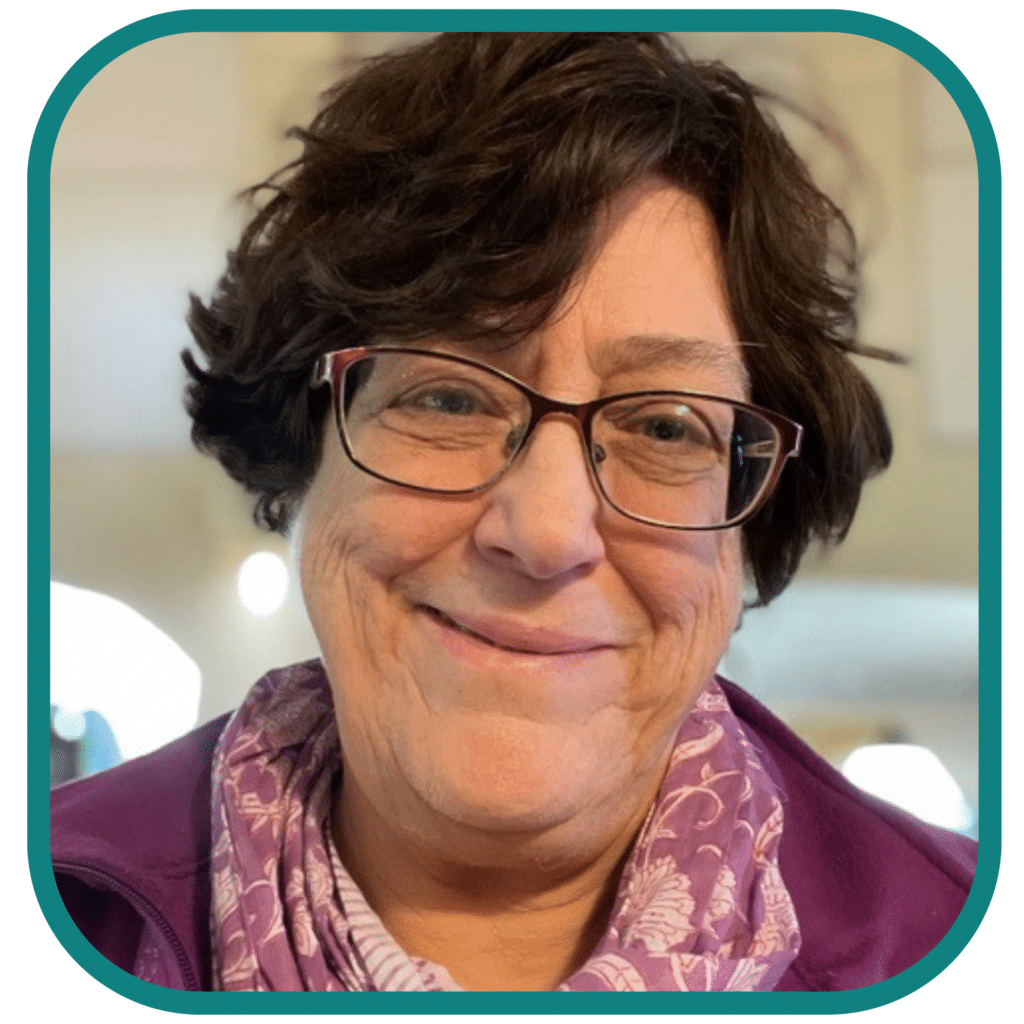At a glance
Several medical approaches are available for cancer care, each with a distinct focus. These may include treating cancerous cells and tissues with standard therapies, or a more holistic approach that addresses symptom management, quality of life, body terrain imbalances, and mind-body health. An integrative, whole-person approach combines both approaches. Learn about different medical professionals within integrative oncology and find directories of practitioners working in integrative cancer care.
Find directories for integrative oncology professionals ›

Free Weekly Q&A with Dr. Mary Hardy, MD
Every Wednesday | 4 PM PST/7 PM EST
Join our free weekly community Q&A sessions with Dr. Mary Hardy, a renowned integrative medicine physician, as she answers your questions about managing cancer treatment side effects, communicating effectively with your healthcare team, and incorporating healthy living practices into your daily routine. This is a unique opportunity to get expert advice tailored to your needs, in a supportive and compassionate environment.
Integrative oncology: an overview
Most people start with conventional medicine which focuses on chemotherapy, radiation therapy, surgery, immunotherapy, and more. Beyond conventional care, many further choices are available in several distinct medical systems.
Integrative medicine includes combining conventional medicine with evidence-based complementary and lifestyle medicine. Integrative oncology is practiced both by oncologists and other healthcare practitioners with a special interest in oncology. Integrative oncologists › are trained in conventional medicine, with additional training in integrating conventional, complementary, and lifestyle approaches in cancer care.
Naturopathic medicine › is a distinct primary healthcare profession that emphasizes prevention, treatment, and achieving optimal health by using therapeutic methods and natural products to stimulate the body’s inherent self-healing processes. Naturopathic oncologists (with a FABNO designation) are licensed in naturopathic medicine as well as certified in naturopathic oncology care. These practitioners can prescribe natural therapies and lifestyle approaches as well as recommend and coordinate your use of other complementary therapies (within their areas of training) in collaboration with your primary oncologist.
Traditional Chinese Medicine (TCM) › is a highly developed medical system that has been practiced for over 2,000 years and is widely integrated into modern healthcare in China, where it is used alongside conventional Western medicine in hospitals. In many Chinese hospitals, TCM treatments such as acupuncture, herbal medicine, and qigong are routinely offered to patients for managing chronic diseases, supporting recovery, and reducing the side effects of conventional treatments like chemotherapy. TCM is also now widely accepted and used globally.
Ayurveda › is an ancient medical system from India, practiced for over 3,000 years, that focuses on balancing the body’s energies, or doshas, through personalized treatments including herbal medicine, diet, and lifestyle practices. In India today, Ayurveda is widely integrated into the healthcare system, with Ayurvedic hospitals and clinics offering treatments alongside conventional medicine.
Functional medicine › is a personalized healthcare approach that focuses on identifying and addressing the root causes of disease. It emphasizes the interconnectedness of the body’s systems and aims to restore balance, promoting overall health rather than simply treating symptoms.
Anthroposophic medicine › pays equal attention to the body, soul, and spirit of the patient and includes a holistic understanding of humans and nature and of disease and treatment. It is integrated with conventional medicine in large hospitals and medical practices worldwide, but mostly in Europe. Anthroposophic health care is provided by medical doctors, therapists, and nurses.
Homeopathic medicine › is based on the theory that “like cures like”—a very small dose of a substance that causes a symptom in a healthy person may cure the illness.
Any of the medical professionals described above may complete special training and certifications to enhance their cancer care. In your community, you may also be able to find practitioners of specific therapies, such as acupuncture, massage, yoga, nutrition, physical therapy, and more. These therapies can assist with many side effects of cancer treatment and promote healing and wellness.
When selecting professionals, we recommend that you start by finding and narrowing your candidates for your primary oncology provider. But wherever you start, within each type of medical system that you plan to use, ideally you’ll want to find a professional who is willing to collaborate with professionals in your other chosen systems.
Find integrative oncologists and other professionals
- Find integrative oncology professionals:
- Find integrative professionals, within which you can search for oncology professionals:
- Graduates › of the Fellowship in the Program in Integrative Medicine at the University of Arizona
- Nancy’s List Directory of Integrative Practitioners and Healing Centers ›
- Yes to Life › A UK based non-profit with a directory of all types of integrative professionals
- Terrain Certified Practitioner Directory › A directory of many different practitioners, look for MDs or NDs
- Find naturopaths:
- Oncology Association of Naturopathic Physicians (OncANP): Directory ›
- American Association of Naturopathic Physicians: Online Directory ›
- Find Traditional Chinese Medicine practitioners:
- The National Certification Commission for Acupuncture and Oriental Medicine provides a searchable directory › of professionals.
- Find Ayurveda practitioners:
- National Ayurvedic Medical Association: Find an Ayurvedic Professional ›
- Find functional medicine practitioners:
- The Institute for Functional Medicine: Find A Practitioner › referral network
- Find anthroposophic medicine practitioners:
- Physicians’ Association for Anthroposophic Medicine: Directory of Providers ›
- Find homeopathic practitioners:
- National Center for Homeopathy: Find a Homeopath ›
Descriptions of different medical approaches and how to find professionals
Guidance for choosing and collaborating with integrative oncology professionals
Meet the Practitioner Podcast episodes
Hear from different practitioners to learn more about what it’s like to work with an integrative professionals:

